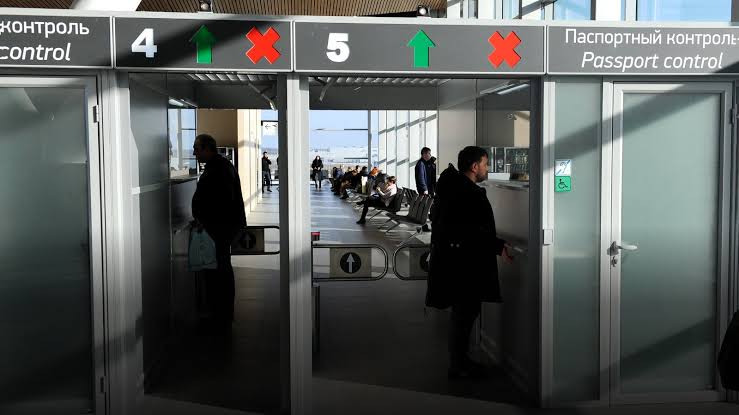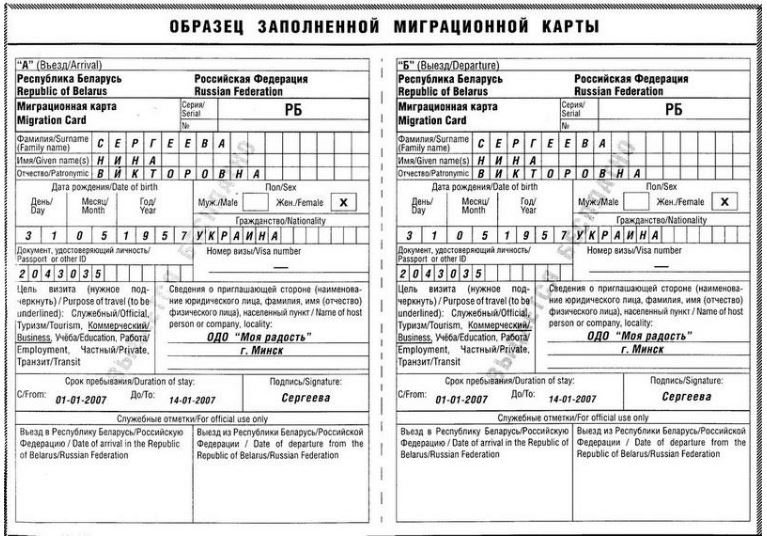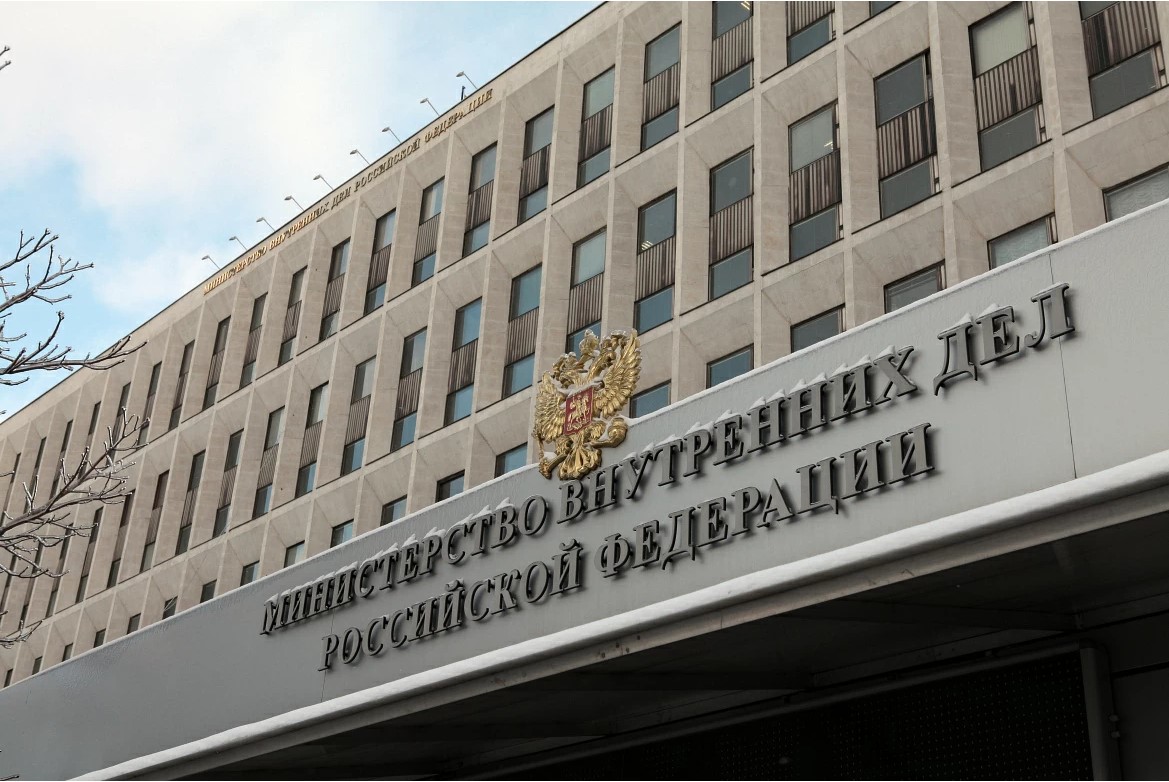Entry Procedures for Foreign Citizens and Stateless Persons to the Russian Federation
The Russian Federation remains a key destination for labor migration from the post-Soviet region. Every year, millions of citizens from CIS countries cross the Russian border for work, education, or family reunification. Residents of Uzbekistan, Tajikistan, Kyrgyzstan, and other Central Asian republics are especially active in exercising this right.
The year 2025 brought significant changes to Russia’s migration laws. As of February 5, new border control regulations came into force, tightening the requirements for documents and entry procedures. At the same time, since January 11, an agreement with Belarus on mutual recognition of visas has been in effect, opening up additional opportunities for foreign citizens.
A central change is stricter identity verification at the border. Border authorities are now authorized to request biometric data and refuse entry to those who do not comply. There is also increased scrutiny of information provided—providing false information about oneself or the purpose of the visit may result in denial of entry.
CIS citizens still enjoy a visa-free regime, but there are new requirements for documentation and length of stay. Special attention is paid to correctly filling out migration cards and following established registration procedures.
This article will help you understand the current entry rules, avoid common mistakes at the border, and learn your rights and obligations while in the Russian Federation.

Main Entry Requirements for Russia
According to Article 6 of the Federal Law dated August 15, 1996 No. 114-FZ “On the Procedure for Exit from the Russian Federation and Entry into the Russian Federation,” all foreign citizens and stateless persons entering Russia must present:
- A valid passport – a document that verifies your identity and is recognized by Russia as such
- A visa – a special entry permit (if required by international treaties)
- A migration card – a document you receive at the border upon entry
Important: The visa category issued must match the purpose of entry and stay in Russia.
Transport companies (passenger carriers) are responsible for ensuring that foreign citizens have the necessary visas or other entry permits for the country.
Visa-Free Entry for Citizens
Countries with Visa-Free Entry
Citizens of many countries can enter Russia without a visa. The complete up-to-date list of countries with visa-free entry to the Russian Federation is published on the official website of the Consular Department of the Russian MFA.
Key countries with visa-free entry include Tajikistan, Uzbekistan, Kyrgyzstan, Kazakhstan, Armenia, Moldova, Abkhazia, South Ossetia, and others.
Country-specific features:
Belarusian citizens have special status and can enter and exit without restrictions on the length of stay, using their internal passport.
New Rules for 2025
From January 11, 2025, a new Agreement between Russia and Belarus on mutual recognition of visas takes effect. Foreign citizens may now enter Russia with a Belarusian visa or residence permit.
From February 5, 2025, stricter entry rules apply. Foreign citizens will not be allowed to cross the border if:
- Biometric data is not provided upon border guard request
- There is a detected risk to state security
- Forged documents are used
- False information about oneself or purpose of visit is given
- Entry documents for Russia are not presented
At the same time, a new opportunity has appeared: foreign citizens may leave for their country of citizenship even with an expired passport, if the document allows identification.
Important documents for children:
Minors from CIS countries under 14 can enter Russia with a birth certificate and a document proving citizenship. After age 14, their own passport is required.
It’s recommended to check current information on the Russian MFA website regularly, as visa requirements may change depending on international circumstances and bilateral agreements.
Migration Card – A Key Document
What It Is
According to Article 25.9 of the Federal Law, foreign citizens or stateless persons entering Russia must receive and fill out a migration card. This is your “pass” to stay in the country.
How to Obtain and Fill Out
- Obtaining: At the border upon entry to Russia
- Filling out: Indicate the correct purpose of visit (tourism, private visit, business trip)
- Carrying: Always keep it with you while in Russia
- Return: The migration card must be handed over at the border when leaving
If You Lose Your Migration Card
Don’t panic! If you lose or damage your migration card:
- Contact the nearest Russian Ministry of Internal Affairs (MVD) office within 3 days
- You will receive a duplicate free of charge upon presenting your entry documents
- Not having the card upon exit is not grounds for denial of departure
Note for arrivals from Belarus: Foreign citizens entering Russia from Belarus must obtain a migration card from the relevant authorities in Belarus. Russian airports do not issue migration cards to such persons.

Unified Electronic Visa
What It Is
According to Article 25.16-1 of the Federal Law, a unified electronic visa grants the right to enter and stay in Russia. It is a convenient way to obtain entry permission online.
Important Features
- Single entry – can be used only once
- Extension – possible through the Russian Ministry of Internal Affairs or its regional offices
- Exit – a transit visa is required for departure
- Unused visa cannot be used to exit Russia
Entry Specifics for Ukrainian Citizens
According to Presidential Decree No. 734 of September 29, 2023, Ukrainian citizens may enter Russia without a visa on the basis of valid documents:
- Ukrainian national passport (including ID card)
- International passport
- Birth certificate (for children under 16)
- Diplomatic or service passport
From Ukraine’s territory, citizens may enter even with expired documents.
Restrictions from October 16, 2023: Entry is temporarily restricted for Ukrainian citizens arriving from third countries, except via Sheremetyevo airport, Ludonka border crossing, and for children under 14.
Important Changes from February 5, 2025
From February 5, 2025, amendments to the Russian Federation Law “On the State Border of the Russian Federation” come into force:
When You May Be Refused Entry
You may be refused entry if:
- You do not provide biometric data upon request of the border guard
- There is a risk to state security
- You use a forged document
- You provide false information about yourself or your trip purpose
- You do not present the required entry/exit documents
Exit with Expired Documents
A new provision: a foreign citizen may be permitted to cross the border to their country of citizenship with an expired or technically defective document, if it allows identification.
Periods of Stay and New Restrictions
Shortened Periods for Visa-Free Stay
Important change: from 2025, for most CIS citizens, the maximum period of visa-free stay in Russia is reduced to 90 days per calendar year. This change aims to optimize migration flows and prevent illegal employment.
Exceptions:
- Belarusian citizens retain the right to unlimited stay
- Residents of Armenia, Kazakhstan, and Kyrgyzstan may enter with internal passports, but are also subject to the 90-day limit
Counting Days
The 90-day count starts from your first border crossing. Note:
- Exiting and re-entering does not reset the counter
- Exceeding the limit results in a 3-year ban on entering Russia
New Requirements: “Gosuslugi RuID” System
What is “Gosuslugi RuID”
From June 30, 2025, new rules apply for foreign citizens entering Russia. Before crossing the border, you must submit an electronic application and obtain a special QR code in the “Gosuslugi RuID” app—a digital version of Russia’s public services for foreigners.
“Gosuslugi RuID” is an information system that stores a foreign citizen’s digital profile and is part of Russia’s state migration policy action plan.
- You must register no later than 72 hours before your planned border crossing
- In emergencies (illness or death of a close relative), application is allowed 4 hours before arrival
Compliance Monitoring
Compliance with migration registration rules by foreign citizens is monitored by the federal executive authority in internal affairs. For questions about permitted stay or extension, contact the migration division of the Russian Ministry of Internal Affairs.
Useful Tips
What to Remember
- Check the validity of your documents before your trip
- State the correct purpose of visit on your migration card
- Keep all documents while in Russia
- Visa category must match the purpose of entry and stay
- Register in “Gosuslugi RuID” 72 hours before your trip (from June 30, 2025)
Where to Seek Help
- Migration issues: Russian Ministry of Internal Affairs migration departments
- Extension of stay: Russian Ministry of Internal Affairs or Ministry of Foreign Affairs
- Lost documents: Consular offices of your country
- Temporary exit restrictions: Russian Federal Bailiff Service (FSSP)
- “Gosuslugi RuID” technical support: Dedicated app support service
Important: The Russian FSB Border Service does not provide certificates on decisions about temporary exit bans—this information is not within their competence.

Conclusion
Entry to Russia for CIS citizens is significantly simplified by the visa-free regime. The main requirements are to have valid documents, fill out your migration card correctly, register in the “Gosuslugi RuID” system (from June 30, 2025), and follow Russian laws. If you have questions, always contact official authorities for assistance.
Remember: Laws can change, so always check the latest information on official government websites. Migration registration compliance is monitored by the Russian Ministry of Internal Affairs.
Sources:
- Federal Law of August 15, 1996 No. 114-FZ “On the Procedure for Exit from the Russian Federation and Entry into the Russian Federation”
- FSB Border Service Information on Entry/Exit Issues for Russian and Foreign Citizens, Stateless Persons
- Visa/visa-free travel information for citizens with various passports – Russian MFA Consular Department